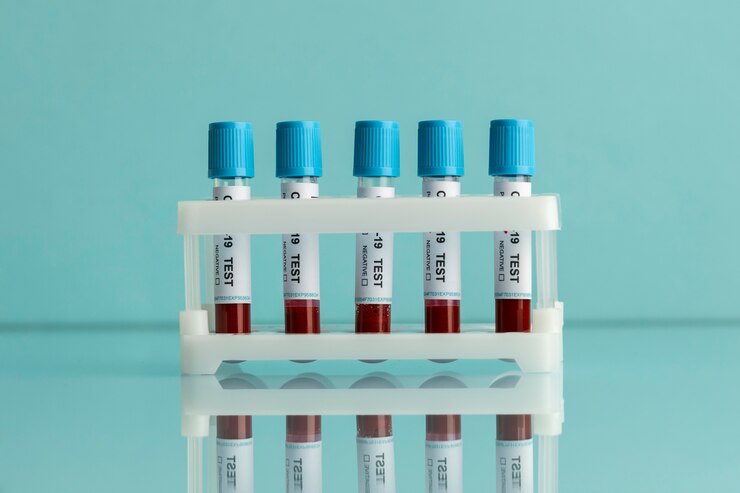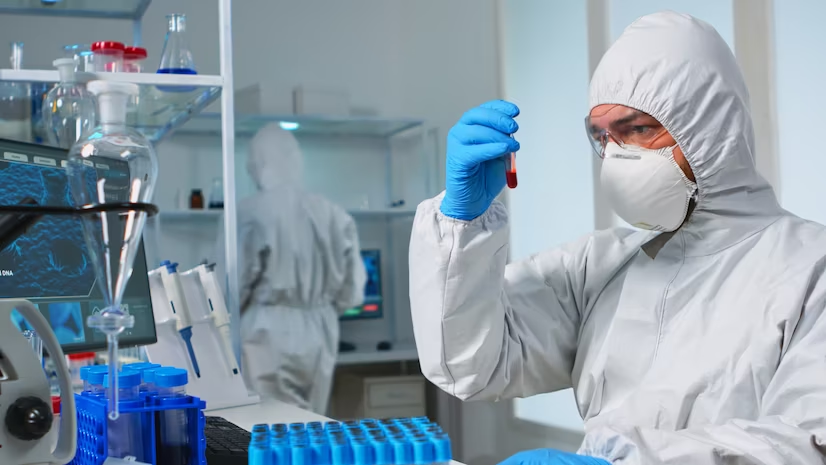Blood Collection and Donation Blood storage units organize and conduct blood donation drives, as well as operate permanent blood donation centers. They facilitate voluntary blood donations from individuals. Donor Screening and Eligibility Donors are carefully screened to ensure the safety of the donated blood. This process involves assessing factors like age, health status, recent travel, and behaviors that may pose risks to the blood supply. Blood Typing and Crossmatching Both the recipient and donor blood are tested to determine their blood types. Crossmatching is performed to ensure compatibility between donor and recipient blood before a transfusion.
- Testing for Infectious Diseases: Donated blood undergoes rigorous testing for infectious diseases such as HIV, hepatitis B and C, syphilis, and other pathogens. Any units found positive for these infections are discarded.
- Blood Processing After collection, whole blood may be processed to separate it into its various components like red blood cells, plasma, and platelets. This allows for targeted transfusions based on patient needs.li>
- Storage Conditions Blood components are stored at specific temperatures to maintain their quality and safety. Each component has a defined shelf life, after which it is no longer used for transfusions.
A blood storage unit, also known as a blood bank, is a specialized facility within a healthcare institution that is responsible for the collection, processing, testing, storage, and distribution of blood and blood products.
Blood storage units are crucial for ensuring a safe and reliable supply of blood and blood products for patients who require transfusions due to surgery, injury, medical conditions, or emergencies.
Generally, individuals who meet specific eligibility criteria, such as age, health status, and lifestyle considerations, can donate blood. Donors are often required to be in good health and free from certain infectious diseases.

